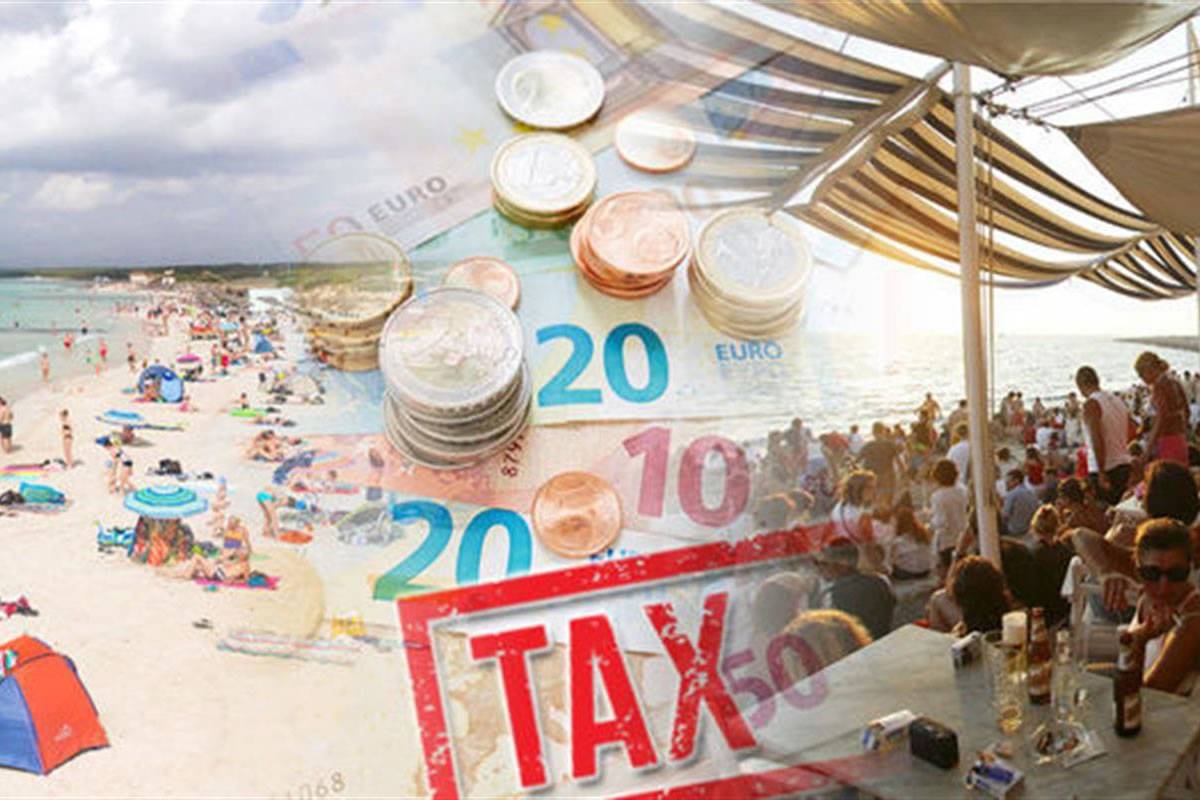What is Spain’s Tourist Tax? Everything you need to know for charges in 2023
- 20-01-2023
- Business
- Canarian Weekly
With the lifting of the COVID-19 restrictions and other measures, the number of tourists who decided to visit Spain in 2022 increased again, nearing pre-pandemic levels. However, this has not been welcomed by all destinations in Spain, as those more popular ones have expressed their concerns regarding over-tourism, and thus, have decided to start applying, or increasing, tourist taxes.
Currently the Canary Islands doesn’t have a tourist tax, but there are ongoing in-depth talks about whether one should be introduced, how much it would be, and how to implement it.
Barcelona is one of the destinations that has decided to increase the tourist tax for visitors, while the region of Valencia is planning to introduce it by the end of the year.
Barcelona:
Barcelona is consistently Spain’s most visited city, and since 2012 it has been requiring visitors to pay an extra fee in addition to the region-wide tourist tax.
The fee that Barcelona charges depends on the type of accommodation visitors chooses to stay in, and this measure is aimed to help the city deal with ‘over-tourism’.
Currently, guests visiting Barcelona and staying in rental accommodation are required to pay a nightly fee of €4, of which €2.25 goes to the regional government and the remaining part goes to the city.
In addition, those staying in five-star hotels are required to pay a higher priced tax of €5.25 per night, of which €3.50 goes to the city, and cruise passengers who spend over 12 hours in Barcelona also need to pay a fee, which equates to €4.75 (€33.25 a week per person) and this case the city keeps €3.
Even though this fee might seem high, the authorities have announced that Barcelona’s tourist tax will increase over the next two years, in some cases by up to €2 per night, claiming that they decided to take such a measure in order to attract ‘quality tourism’ rather than a large number of visitors.
“Our aim is to contain the number of tourists and increase income from tourism because our model is no longer mass tourism but quality tourism, which adds value to the city,” the deputy mayor Jaume Collboni stressed.
In addition, he pointed out that the tourist tax increase will also help the city’s annual budget. It is forecast that the fee will bring in around €53 million for Barcelona this year and around €100 million in 2024.
Apart from Barcelona, the whole region of Catalonia also applies a tourist tax. In general, guests staying in the regions of Catalonia have to pay a fee of €3.50 per night when staying in a five-star hotel and €2.25 when staying in rental accommodation.
The Balearic Islands:
Just like Catalonia, the Balearic Islands (including Ibiza and Majorca) have been applying a tourist tax for all visitors since 2016, and back then, when the decision was taken, the authorities said that the fund would be used to make tourism more sustainable.
Currently, everyone over the age of 16 staying in the Balearic Islands has to pay a fee between €1 and €4 per night.
The authorities reveal that day campers are required to pay a fee of €1 per day, cruise passengers and those staying in cheaper hotels and apartments are required to pay a fee of €2, those staying in mid-range accommodation are required to pay a fee of €3, and those staying in luxury hotels are required to pay a fee of €4.
Data provided by the authorities show that around €12 million euros are raised each year as a result of the tourist tax. Moreover, it has been emphasised that the money is being used to protect, as well as maintain, the natural resources of the area.
Valencia:
Differently from the region of Catalonia and the Balearic Islands which have been applying a tourist tax for several years, the region of Valencia will start doing so at the end of this year, for all travellers staying in the region in apartments, hostels, hotels, and campsites, among others.
As soon as the tourist tax for Valencia becomes effective, those who visit the region will be required to pay an amount between 50 cents and €2 per night. This means that the fee will depend on the type of accommodation.
The authorities said that such a decision will help the region sustainably develop its tourism sector. Moreover, they stressed that the tax will be known as the Valencian Tax on Tourist Stays and will bring in around €30 million per year to the region.



























































